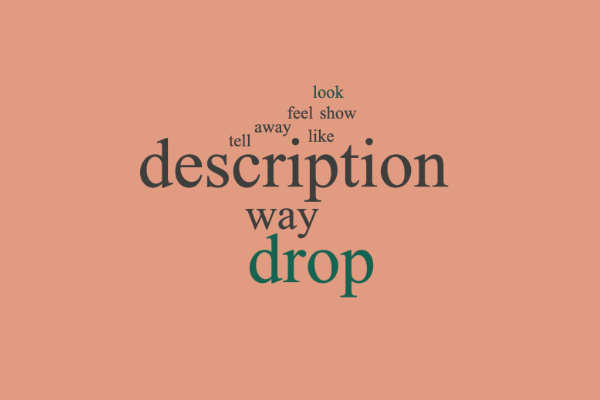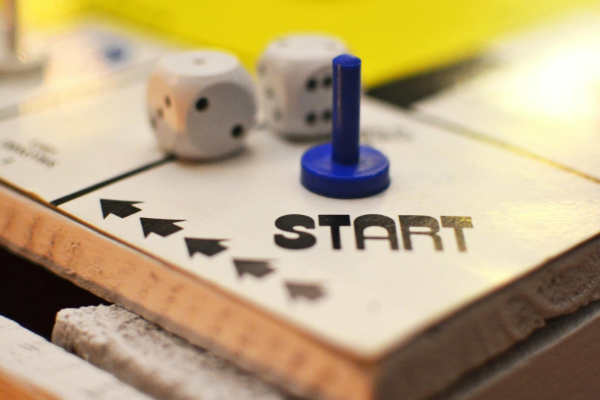
Of course, you can’t. Description gives a situation context. It locates your characters and story in a time and place. If you want it can describe the mood, what those characters are wearing, how they feel. It’s the typical scenario for the omniscient, third-person narrator. ‘He fumed. His eyes glared

‘I do I dooooo Iiiiiiii doo Mmmmmm I Arthur James Smethwick do take, hrmmmmm. I whatever do take Molly Rose Bimble. God I mustn’t laugh. Molly Rose Bimble as my lawful wedded wife.’ ‘Art, are you ready, what are you doing up there?’ ‘Nearly. Moll are you sure you want

And welcome to the 45th Bird Olympics being held here in Hawk Bay where we are at the poolside for the water polo. Normally thought to be a shoe-in for the Gannets. This year the Starlings, seen here in the warm up pool, have made a surprise showing and managed

Unless you have the most massive ego, you will inevitably be displeased by some things you write, especially early in your apprenticeship. The first law of ‘Write Club’ (I honestly can’t believe I wrote that, hohum) is never throw anything away. There are a few very valid reasons for that.

The table was narrow. Two dinner plates would almost touch in its width. It was littered. A few bread crumbs, an ashtray, wine glasses, a box of wine, shreds of tobacco, rizlas, a lighter – the residue, the remainders, the late night, dawn-breaking survivors, like them, of a recently past

Would you mind?…. This is my raft… Oh don’t try and play that everlasting romance trick on me, and it’s not Rose, it’s Miss DeWitt Bukater… The water might be cold, that’s what you get when there are icebergs around. It’s not exactly toasty on this lump of wood, why

While we are encouraged to ‘show, don’t tell’ and build pace and mood into our dialogue, sometimes there is just insufficient action and dialogue to satisfy the requirements. The narrator is then called upon to fulfil the obligation of creating an environment for the characters and building those characters by

There’s an easy answer – anywhere you like. Sadly inspiration doesn’t come to us neatly packaged. We can’t open a box and find a set of instructions that will turn out to be a perfect, flat-pack novel. We must be prepared for a word or phrase, for a character in

Listen to the people around you and watch television. When we argue aggressively we tend to use short sentences. The words are thrown together in outbursts without a huge amount of consideration. When we are having a discussion, we build in more pauses so that we can assemble our thoughts

‘What are you doing?’ said Pooh. ‘I’m drawing a circle,’ said Eeyore. ‘I need to work out the diameter. What’s twice plus?’ ‘Plusplus,’ said Tigger and in a single boing found himself in a rose bush. ‘Ooh and OOWWWW.’ ‘It depends how big your plus is,’ said Pooh, ignoring the

‘Fuck off, you bastard.’ She screamed the words at him. She spat them. If they’d been bullets he would be dead. The Saturday traffic sped past. An island in the middle of a High Street thronged with shoppers wasn’t where she would have chosen to hurl her anger at him.

